Better CNP Security Can Lower Processing Fees

What Exactly is a Card-Not-Present Payment?
A card-not-present (CNP) transaction is any payment where the magnetic stripe isn’t swiped, the EMV chip isn’t inserted, or a mobile wallet isn’t tapped against a physical terminal. In other words, any payment made over the phone, online, or through fax is considered a card-not-present transaction. Examples of CNP transactions include eCommerce shopping carts, online invoices, automatic billing, phone orders, and website payments.
Even with this simple definition, there are still areas of confusion for merchants. Sometimes business owners think that any time a customer is present with their card, the transaction is considered card-present, but that is not always true. For example, when a business manually types credit card information into a payment terminal, even if the customer is standing there with their card, the transaction is still considered CNP. For a transaction to be considered card-present, the card itself must come into contact with the payment terminal.
Better CNP Security Can Equal Lower Processing Fees
Unfortunately, CNP transactions typically have higher interchange costs associated with them because the risk of fraud is higher when a card isn’t in direct contact with a payment terminal. One way that merchants can increase security and qualify for better interchange rates is to invest in a mobile card reader. With this type of reader, merchants can reduce fraud risk and off-set chargebacks to help qualify for lower interchange fees.
5 More Ways Merchants Can Increase CNP Security
- Use a Secure Payment Gateway
- Use an eCommerce Shopping Cart
- Use an Online Invoicing System
- Capture Important Customer and Card Information
- Maintain PCI Compliance
Contact your payment processor to make sure you are set up to run card-not-present transactions safely and effectively.
Learn More About CNP Payments:
Contact us online or call 1-800-621-8931.
Subscribe to Card Talk
Our monthly newsletter delivers the latest payments news straight to your inbox


